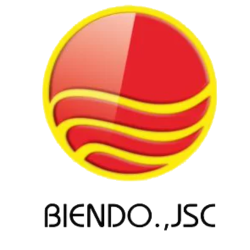The most effective document management systems help companies manage their digital documents more effectively. They enable users to keep track of changes, revisions and versions to ensure they can locate the correct version for any given purpose and prevent accidental creation of duplicate files or documents that overlap. The ability to create subversions lets individuals and teams move a document in different directions, without affecting the progression of the document.
Documents can take a variety of forms such as handwritten or printed manuscripts to digital files saved on electronic devices. However, all of these documents contain important information and data about how a company operates, who it works with and with, what its products are and what projects are in the process of being completed. Effective document management makes sure that information is secured over the long term.
Whether in paper or electronic form, the majority of business processes require the management of documents. A sales team for instance, could need to access important contracts and presentations on the https://boardroomkitchen.com/confidential-processes-with-data-room/ road. Up until recently, confidential documents had been stored in safes and filing cabinets to protect the unauthorized access of anyone or from tampering.
A document management system is a great way to archive and retrieve information in the digital age. A central repository provides easy access from anywhere, while templates that are pre-formatted, and document classifications, aid in compliance with regulatory guidelines (such as ISO 9001 document control, FDA, GDPR, and HIPAA). Automation capabilities and enhanced search tags, categorization, as well as taggers facilitate quicker retrieval of data, while enabling a more complete view of information.

